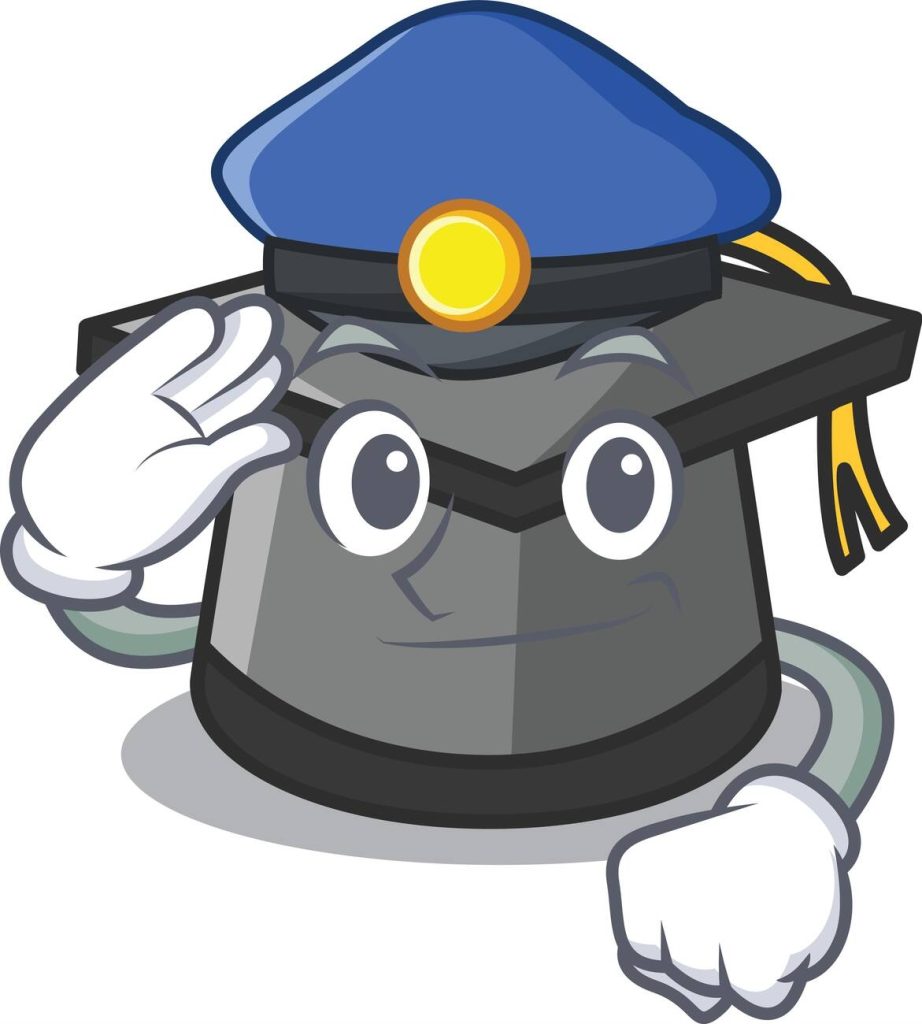Are you wondering if your child is ready for kindergarten? It’s an important decision, and this article is here to help. By looking at age and developmental milestones, social and emotional readiness, cognitive and language skills, motor skills and independence, as well as pre-academic skills and readiness, you’ll be able to determine if your little one is prepared for this big step. Let’s dive in and find out if your child is ready to thrive in kindergarten!
Age and Developmental Milestones
You may often wonder if your child is ready for kindergarten based on their age and developmental milestones. School entry is a significant milestone in a child’s life, and it is essential to ensure they are adequately prepared for the challenges and expectations of kindergarten. Age is one factor to consider when assessing kindergarten readiness. Most children enter kindergarten between the ages of four and six, depending on their birthdate and local school policies. However, it is crucial to remember that age alone does not determine readiness. Developmental milestones play a vital role in assessing a child’s readiness for kindergarten. These milestones include cognitive, social, emotional, and physical development.
Cognitive skills, such as language development, problem-solving abilities, and pre-reading skills, are crucial for success in kindergarten. Social and emotional skills, such as following instructions, sharing, and managing emotions, are also essential for a positive experience in the classroom. Physical skills, including fine motor skills for writing and gross motor skills for physical activities, are also necessary for kindergarten readiness. Monitoring your child’s progress in these areas and seeking guidance from educators and pediatricians can help determine if your child is ready for kindergarten.
Social and Emotional Readiness
When assessing a child’s readiness for kindergarten, it is important to consider their social and emotional development. Kindergarten is not just about academic skills, but also about building relationships, understanding emotions, and navigating social situations. Here are two key aspects to look for when evaluating a child’s social and emotional readiness for kindergarten:
- Empathy Development: Empathy is the ability to understand and share the feelings of others. It is an essential skill for building positive relationships and resolving conflicts. A child who demonstrates empathy will show concern for others, express kindness, and display good listening skills. They will be able to understand and respond appropriately to the emotions of their peers and teachers.
- Self-Regulation Skills: Self-regulation refers to a child’s ability to control their emotions, behaviors, and impulses. In a classroom setting, children need to be able to follow instructions, take turns, and manage their emotions effectively. A child with good self-regulation skills can stay focused, adapt to changes, and handle frustration without becoming overwhelmed.
Cognitive and Language Skills
Continuing from the previous subtopic of social and emotional readiness, it is important to assess a child’s cognitive and language skills when determining their readiness for kindergarten. Cognitive development refers to a child’s ability to think, reason, remember, and solve problems. In kindergarten, children are expected to have certain cognitive skills, such as counting, recognizing letters and numbers, and following simple instructions. Assessing a child’s cognitive development can be done through observation and informal assessments, such as asking them to complete puzzles or sort objects based on their attributes.
Language acquisition is another crucial aspect of kindergarten readiness. Children should be able to communicate their needs and thoughts effectively. They should have a basic understanding of vocabulary, grammar, and sentence structure. Assessing a child’s language skills can be done by engaging in conversations with them, asking open-ended questions, and observing their ability to express themselves verbally.
When determining if a child is ready for kindergarten, it is essential to consider their cognitive development and language acquisition. These skills provide a foundation for learning and academic success. If a child is struggling in these areas, it may be beneficial to provide additional support or interventions before entering kindergarten. By assessing these skills, parents and educators can ensure that a child is adequately prepared for the challenges they will face in kindergarten.
Motor Skills and Independence
Assessing a child’s motor skills and independence is another important factor to consider when determining their readiness for kindergarten. These skills play a crucial role in their ability to participate in classroom activities and daily routines. Here are three key areas to assess when evaluating a child’s motor skills and independence:
- Fine motor skills: It is important to observe how well a child can manipulate small objects, such as holding a pencil or using scissors. Can they stack blocks or complete puzzles? These activities require precise movements and coordination, which are essential for tasks they will encounter in kindergarten.
- Self-care skills: Kindergarten requires children to be more independent in taking care of themselves. Can they dress themselves, including fastening buttons or zippers? Can they use the restroom independently and wash their hands? These self-care skills not only promote independence but also contribute to their overall confidence and well-being.
- Hand-eye coordination: This skill involves the ability to coordinate vision with hand movements. Can the child catch a ball or throw it accurately? Can they trace lines or shapes? These activities help develop their hand-eye coordination, which is important for tasks like writing, using scissors, or playing games.
Assessing a child’s motor skills and independence is crucial to ensure they can fully participate in kindergarten activities and take care of themselves. By evaluating their fine motor skills, self-care skills, and hand-eye coordination, you can determine if they are ready to embark on their educational journey.
Pre-academic Skills and Readiness
To further evaluate your child’s readiness for kindergarten, let’s now explore their pre-academic skills and readiness. Pre-academic skills refer to the foundational skills children need to succeed in a school setting. These skills include language and literacy, math, and cognitive abilities. School readiness is crucial for a smooth transition into kindergarten, as it sets the stage for future learning and academic success.
Assessing your child’s learning readiness can be done through various activities and observations. Here is a table that outlines some key indicators of pre-academic skills and readiness:
| Pre-academic Skills | Indicators of Readiness |
|---|---|
| Language and Literacy | Recognizes letters of the alphabet, shows interest in books, can follow simple instructions, communicates effectively with peers and adults. |
| Math | Counts objects, recognizes numbers, understands basic shapes and patterns, can solve simple problems. |
| Cognitive Abilities | Demonstrates curiosity and problem-solving skills, can pay attention and follow directions, shows ability to remember and recall information. |




